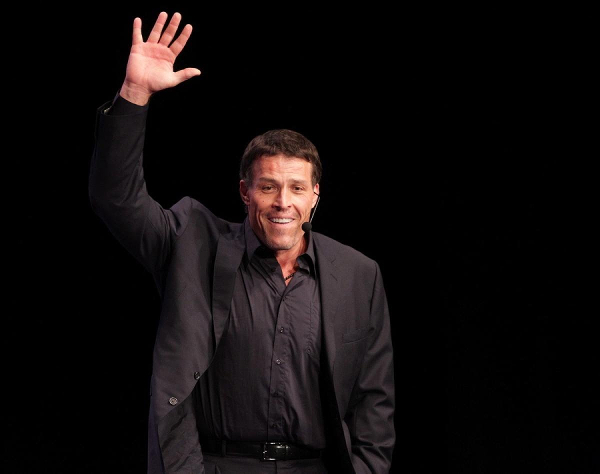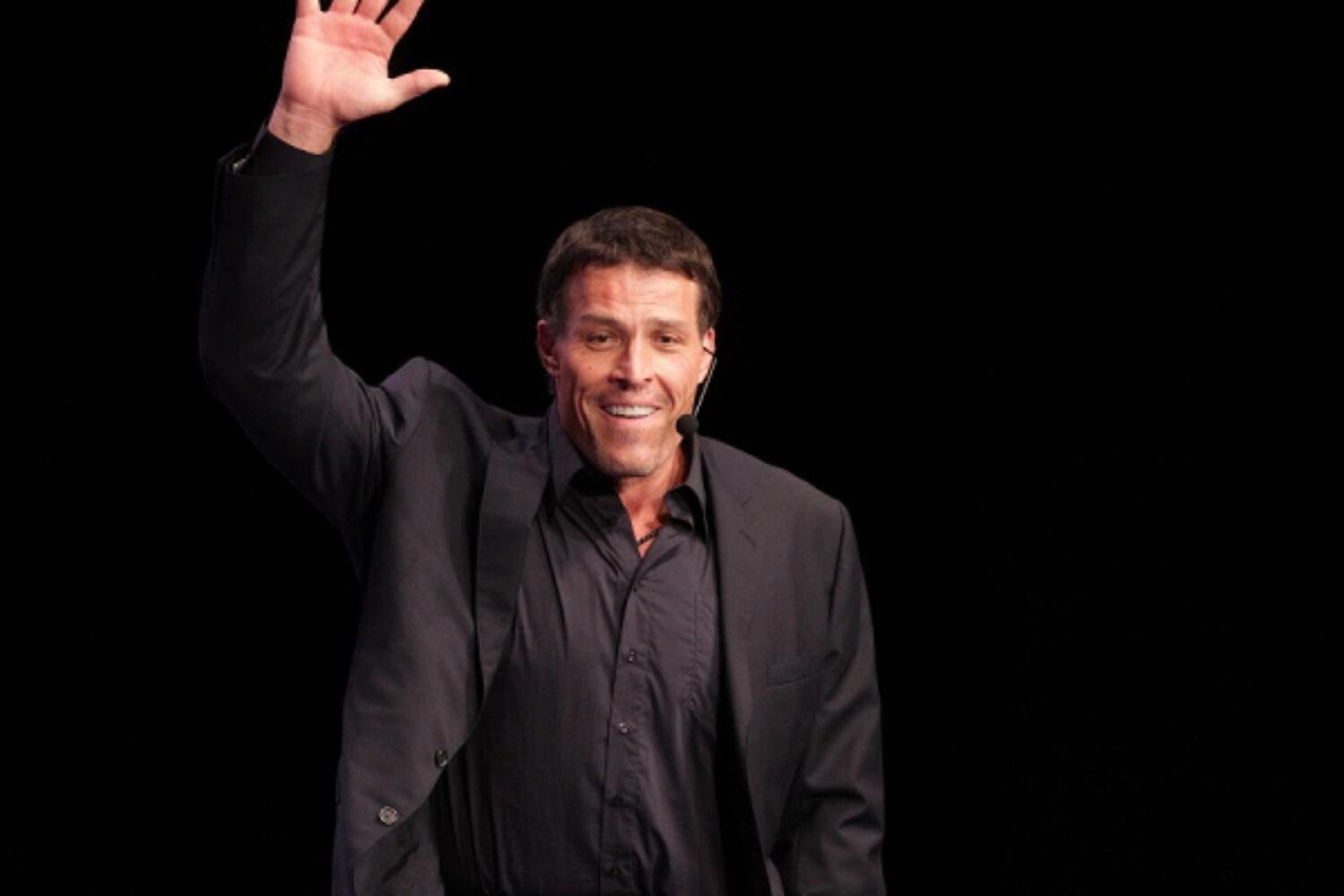I’m a great fan of the so-called „American style“ of presenting. The majority of American speakers throw tons of positivity, tons of energy, tons of enthusiasm onto their audience. I love it! At the beginning of my trainings I declare, Those of you who don’t dig the American style of presenting, this is NOT your seminar!
And yet, there’s one thing many American speakers do all the time, which I just cannot buy into. Many of them use phrases like,
- If you agree, show me your hands!
- Raise your hands, if you’ve been through such a situation!
- Those of you who are familiar with […], a quick show of hands!
While they say that, they raise their own hand. The effect: By mirroring that gesture you make it easier for the audience to follow your invitation. The speaker’s real intention? Well, you’ll find aswers when you study NLP.
I went through spiky discussions with fellow professional speakers about this topic. It seems like I’m on my own. But you know what, I couldn’t care less! For years, I’ve been asking questions like,
- Who of you is brave enough to agree?
- Who of you has been through such a situation?
- Are you familiar with this?
What happens? Without showing my own hand – 20, 50, 120 people raise their arms or they nod. Without inviting them, without pushing them, without NLP.

Source: YouTube
Are European audiences more alert to manipulation than others? I don’t know. But I do know that, as a public speaker, I will always avoid potential problems, once I’m aware of them. The hand, for me, is a potential problem because a European audience might perceive it as manipulative.
My recommendation to non-European speakers in Europe: Stop raising your hand (at least) all the time. Instead, ask intelligent questions. I guarantee you, you’ll be looking at a forest of hands, too. But that forest doesn’t grow on a soil of NLP. That soil is called genuineness.

